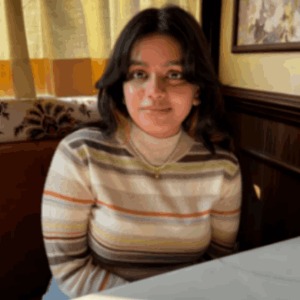Title : Knowledge, attitude and help-seeking pathways followed by caregivers of individuals with mental illnesses
Abstract:
Background: Mental illnesses constitute a substantial portion of the global disease burden, with a considerable treatment gap, particularly pronounced in India. Despite increasing advocacy for mental health, exacerbated by the Covid-19 pandemic, significant challenges persist. However, a scarcity of qualified psychiatrists, particularly in rural areas, coupled with cultural and religious beliefs, impedes access to professional mental health care.
Methodology: A sample size of 100 patients underwent assessment using the ICD-10 scale for diagnosis, accompanied by collection of socio-demographic data. The Public Perception of Mental Illness Questionnaire gauged caregivers' mental health literacy, while WHO's encounter form explored treatment-seeking behaviours, including reliance on faith healers and alternative medicine.
Results: Our study revealed that 56% of caregivers sought non-professional help, predominantly for patients with psychotic illnesses, precipitating delayed treatment and poor prognosis. Caregivers' decisions regarding treatment were influenced by education, background, and lifestyle. Enhanced accessibility to mental health services, along with education on various disorders, is imperative. Positive interactions with mental health services were associated with improved access and clinical outcomes, while negative experiences heightened caregiver stigma. However, the study's limitations, including a modest sample size and lack of religious diversity among participants, underscore the need for further research on caregiver challenges and disease management.
Conclusion: Our findings bring out the prevalence of multiple treatment modalities due to financial and logistical constraints, alongside persistent societal misconceptions. Psychotic illnesses, in particular, suffered from delayed treatment, highlighting the necessity for enhanced public education and disease-specific research. Addressing caregiver well-being is equally crucial. In conclusion, efforts to destigmatize mental illness and expand treatment options are imperative for improving mental health care accessibility and outcomes in India.



